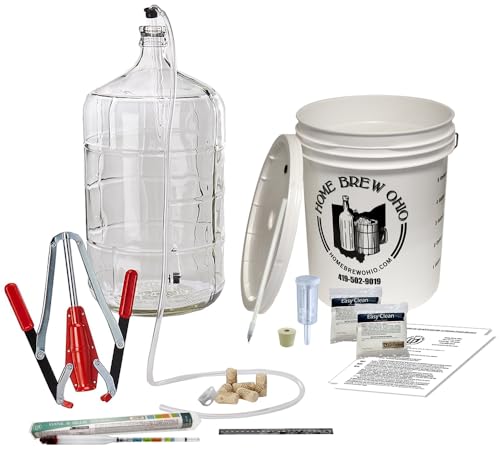Ty520
Senior Member
- Joined
- Oct 7, 2020
- Messages
- 280
- Reaction score
- 393
I use at least 5 lbs/gal for blueberry wine. Some on WMT use more. You will need to add some sugar to reach an ABV of around 11-12%, which works well for most fruit wine.
High quality frozen fruit can be very good. But cheaper frozen fruit is often not very good.
The best fresh fruit is locally grown fruit at the peak of the season. I try to focus on making wines using fruit grown in my area. Fortunately, I live in an area with a lot of fruit orchards. Some of the in-season fruit in the grocery store here has more like a 2-3 day journey, not 2 weeks. If you live in an area that does not have much local fruit, using frozen or juice concentrates is a good option.
Peaches and pears will ripen very well after harvest, but berries will not. If they are picked before being completely ripe, they will never be really good.
@bitterbad I suggest that you add the general area in which you live to your profile, so that we can respond appropriately for your region/climate. No need to be too specific, but you could at least include the state or country.
the problem is, if you live in a place like i do, access to fresh fruit for wine making would be next to non-existent...unless you want to exclusively make prickly pear wine





















































